Have You any Suggestion or Queries?
Mestibulum libero nisl, porta vel, scelerisque eget, malesuada at neque wivamus eget nibhm cursleo vel metus.




A healthcare company that deals in servicing, trading, and manufacturing typically has a broad scope of operations and serves multiple needs within the healthcare industry. These companies are involved in various stages of the healthcare supply chain, from the creation of products to their distribution and after-sale support. Here’s a detailed breakdown of each aspect of their operations:
In the context of a healthcare company, manufacturing refers to the production of healthcare products and equipment. This could involve:

Companies may design and manufacture devices such as diagnostic machines, surgical tools, patient monitoring systems, and therapeutic devices.

Some companies engage in the development and production of drugs, vaccines, and other pharmaceutical products. This could include over-the-counter medications or specialized treatments.
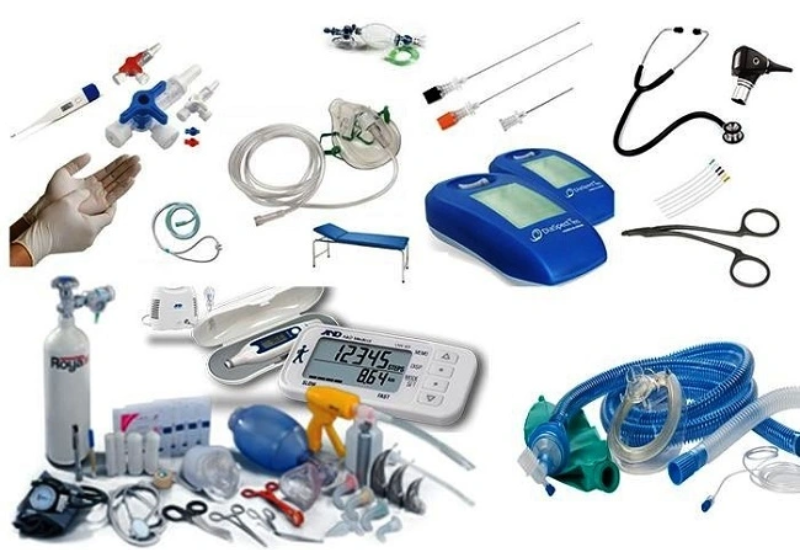
Items such as syringes, gloves, masks, bandages, diagnostic test kits, and sterile equipment could be produced by these companies.
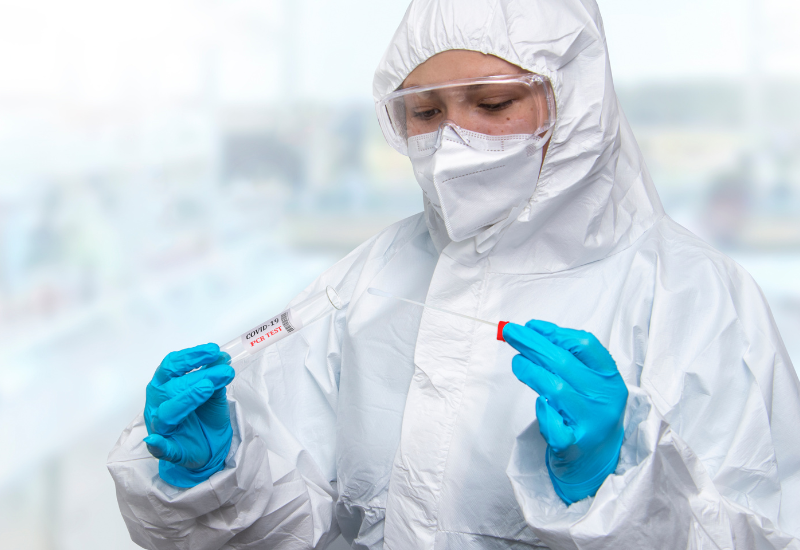
Companies involved in the manufacturing of medical masks, gloves, gowns, and other protective items are crucial, especially during health crises like the COVID-19 pandemic.

Manufacturing specialized devices such as prosthetic limbs, braces, and orthopedic implants.
Trading involves the buying, selling, and distribution of products made by the company, or sourced from other manufacturers. Companies in healthcare trading might:
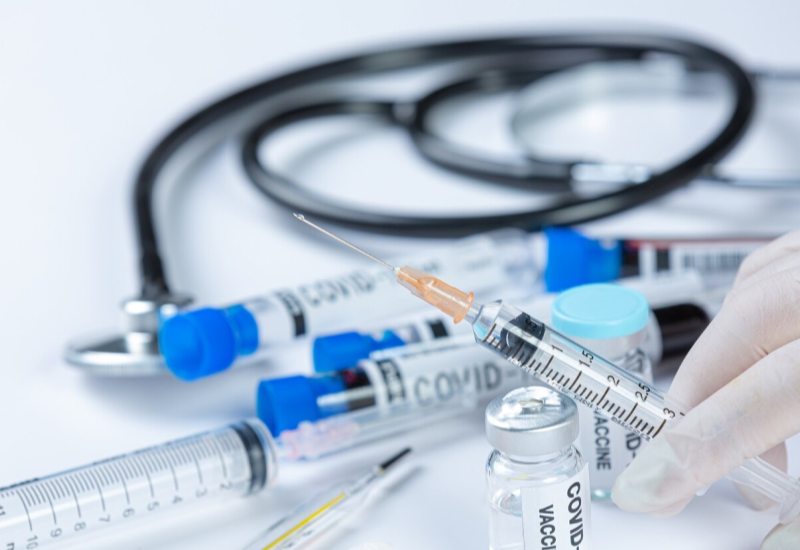
They could act as intermediaries, selling medical equipment, devices, and pharmaceuticals to hospitals, clinics, pharmacies, and other healthcare providers.
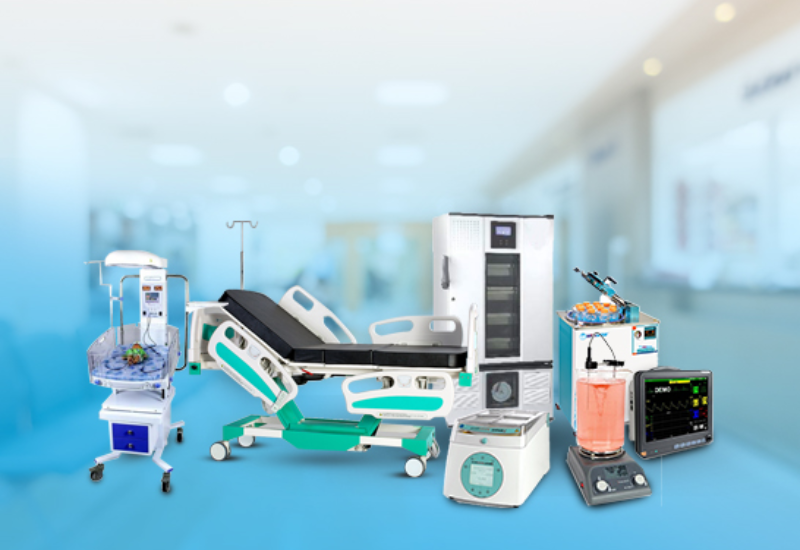
Trading in consumables such as surgical instruments, wound care products, diagnostic reagents, and therapeutic products.

Many companies involved in trading in healthcare products operate globally, ensuring that products from one region are available in others through logistics and supply chain management.
Servicing refers to the ongoing support provided to ensure that the medical equipment, devices, and systems continue to operate at optimal performance. This could involve:
Regular maintenance contracts for medical equipment such as MRI machines, X-ray machines, ventilators, infusion pumps, and diagnostic equipment.
Companies may offer installation for large or complex medical devices to ensure they are properly set up and calibrated.
This includes servicing healthcare management software, such as hospital management systems (HMS), electronic health records (EHR), and telemedicine solutions.
Providing healthcare professionals with the necessary training on how to use and maintain medical equipment, ensuring safety and proper usage.
A company could design and produce cutting-edge surgical robots, diagnostic imaging systems, or new drug formulations.
It could then trade these devices, as well as related consumables like surgical tools, pharmaceuticals, and PPE, to healthcare institutions worldwide.
Finally, the company might provide installation, maintenance, and training services for the equipment and devices, ensuring that clients get maximum value from their products.



Healthcare providers benefit from having a single partner who can supply equipment, maintain it, and offer training or repair services.
By providing a full suite of services, companies create long-term relationships with healthcare institutions, offering continual support and product upgrades.
Companies that manufacture their own products often have more control over product quality and innovation, ensuring they meet the highest standards.
If you’re interested in a specific company or need help with more details about these operations, feel free to ask!
Mestibulum libero nisl, porta vel, scelerisque eget, malesuada at neque wivamus eget nibhm cursleo vel metus.




RSND partners with you to reduce costs and improve patient outcomes by optimizing supply chain logistics and leveraging innovation to navigate the future of healthcare.
Being a single source with more products and choices means we can equip you to care for any patient.
© 2025 RSND Heath Care Solutions. All rights reserved. Design & Developed by CodeSquadrons.